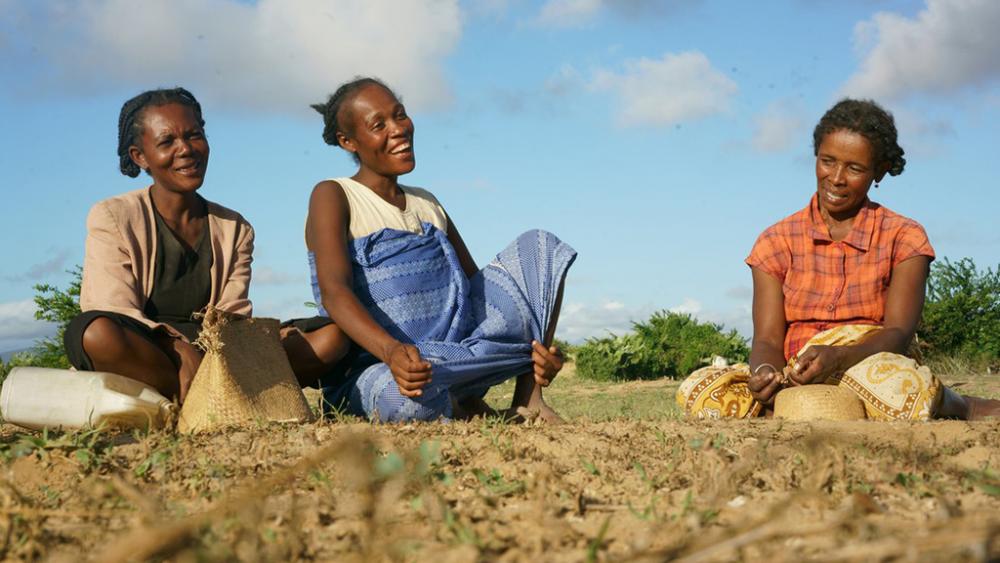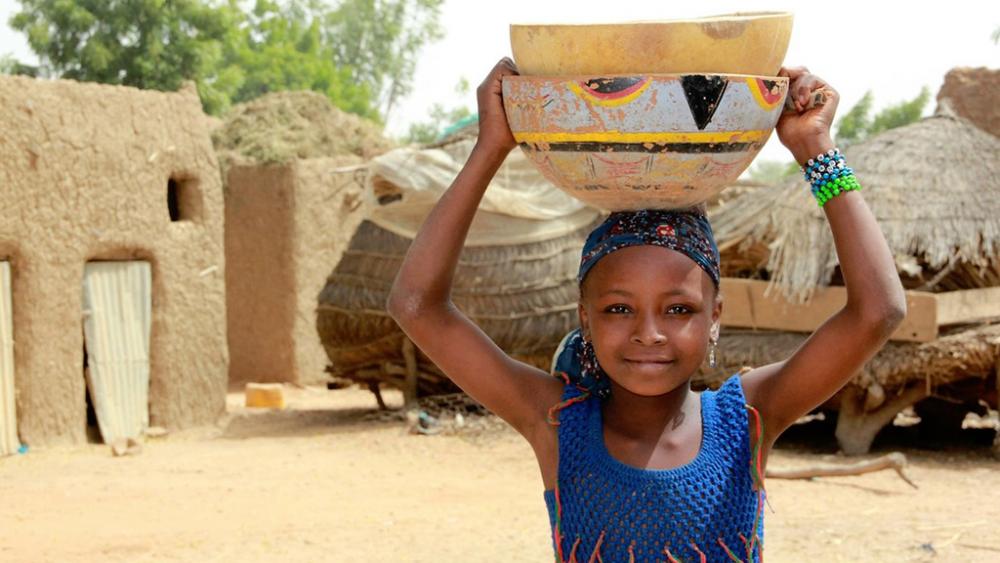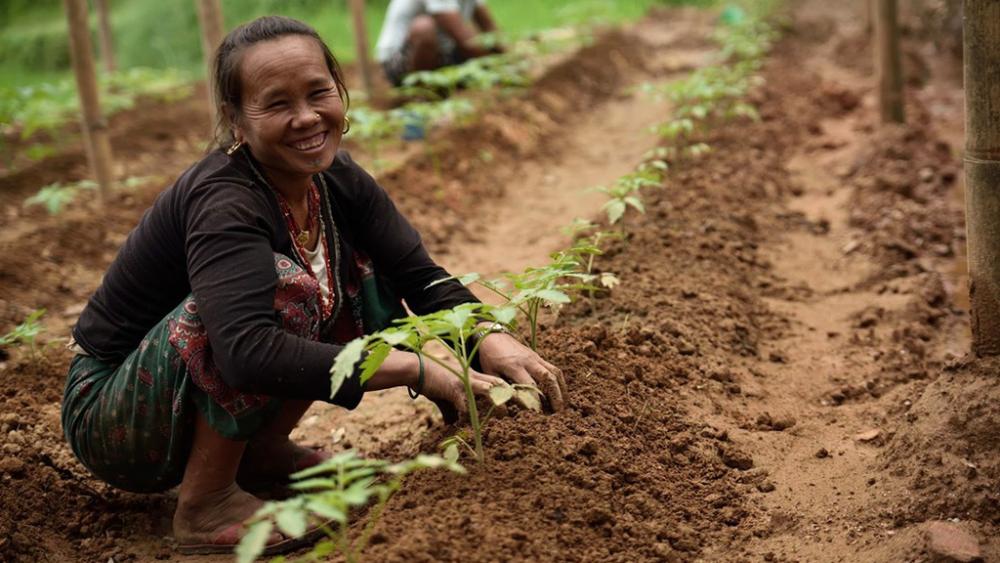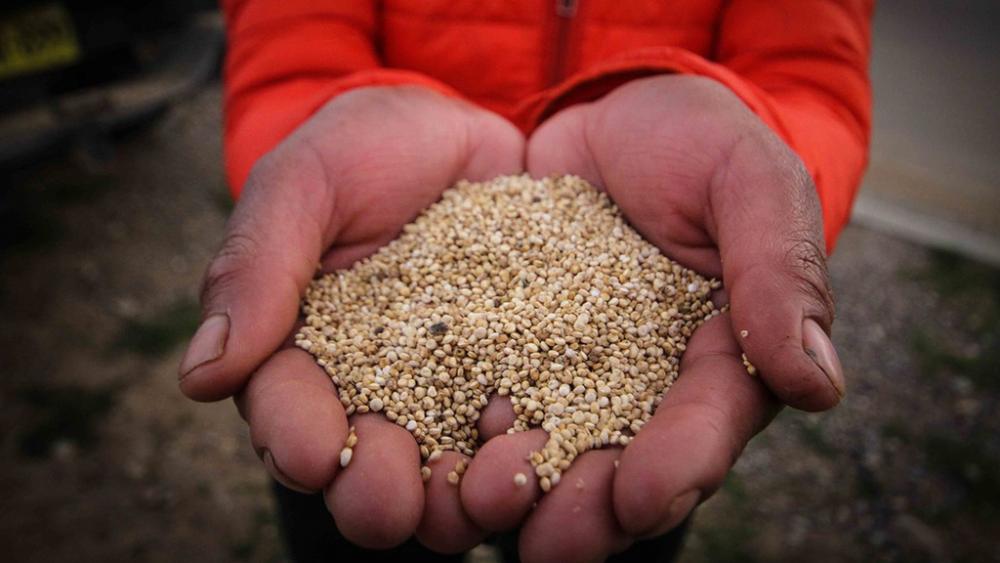Food, Water & Climate Change
Food, Water & Climate Change
Rising food and nutrition insecurity in the face of climate change will be a defining challenge of the 21st century. Food and nutrition security encompasses the availability of food, access to nutritious food, stability of food supplies, and good care, feeding, health and sanitation practices.[1] It conveys having consistent and affordable access to enough of the right kinds of food.
Women are more vulnerable both to chronic food and nutrition insecurity and to food insecurity caused by shocks (i.e. illness, natural disasters or the fluctuation of global food markets) for multiple reasons. For example, women have less control over productive assets, limited mobility to get to markets and scarce opportunities to earn a sustainable income. The gender and generational influence on food security is heightened in situations of crisis. Women farmers receive fewer extension services, so they are less likely to know about drought-resistant seeds or climate-resistant practices. Women do not have equal rights to land ownership or inheritance of property, and often eat last and least in households.
Reference: 1. Food and Nutrition Security: UNSCN Meeting of the Minds Nutrition Impact of Food Systems
Gender and Food, Water & Climate Change: Stats and Facts
Global figures and trends related to the intersection of gender and food, nutrition and security in the context of climate change.
Learn more
Global Commitments: Food, Water & Climate Change
The goals, standards and commitments set forth by the Sustainable Development Goals, international law and global strategies for gender justice and food/nutrition security in the context of climate change.
Learn more
CARE's Strategy: Food, Water & Climate Change
CARE's strategy and approach to gender justice and food/nutrition security in the context of climate change.
Learn more
Promising Practices: Food, Water & Climate Change
Key approaches that have been identified to advance gender justice, FNS and climate change adaptation and resilience.
Learn more




